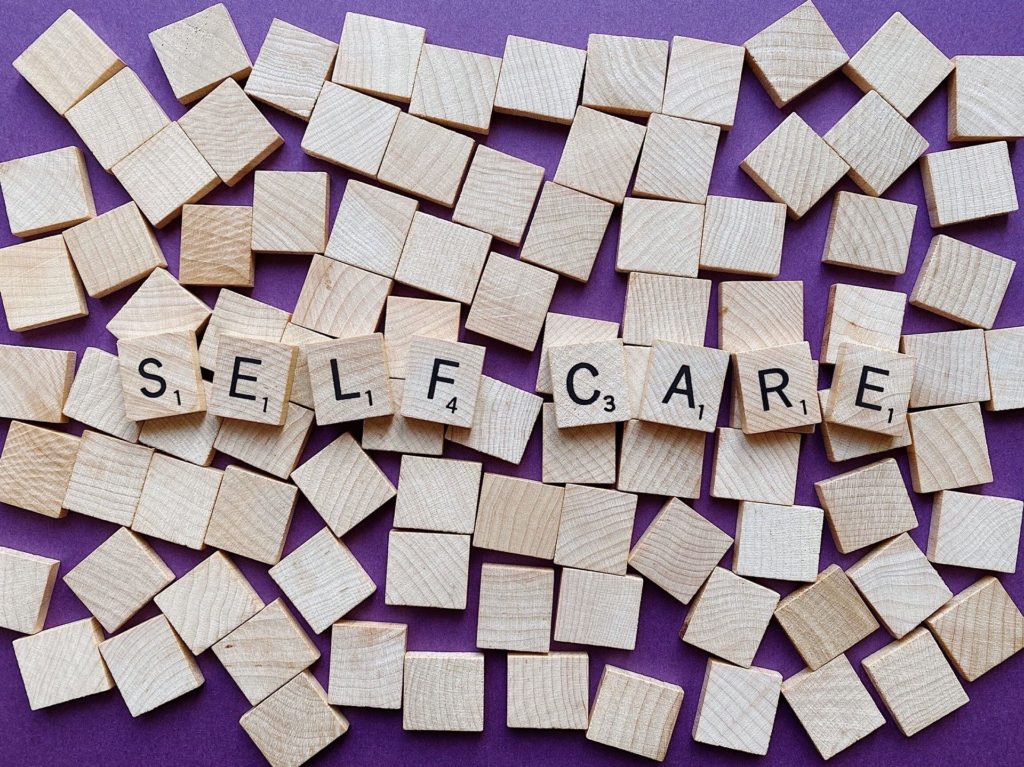Not Another List About How to Improve Mental Health
Looking for a list of advice on how to manage your mental health during the pandemic? You won’t find one here… not yet.
Looking for a list of advice on how to manage your mental health during the pandemic? You won’t find one here… yet. Before I provide any such counsel, I have some stipulations – some advice about seeking this advice in the first place. Of course an attorney focusing on mental health has to include some fine print before giving guidance, after all. As strange as this may sound, the search for stress management strategies can become… stressful! Since the pandemic has caused more people than usual to seek methods to maintain and improve mental health, it’s important to pay attention to how people may react to their findings. Desperately sifting through helpful lists of self care tips and tricks before establishing managed expectations can have pernicious effects in mental health.
Although I do have a set of my own pieces of advice, I’ve decided not to circulate a list before honing in on this important issue to avoid inadvertently causing harm while intending to help people struggling with their mental health. I strongly encourage staying informed about methods to manage mental health, but the most important advice I can give on the subject pertains to the approach to acting on this information. In the legal industry where creating a facade of perfection often prevails over open discussion of the largely taboo topic of mental health struggles, I see a need to establish realism for those willing to take the “risk” and seek help. Already burdened by the fear of judgment and coming off as unprofessional for looking for help with mental health instead of keeping obstacles obscured, people shouldn’t also face similar feelings of shame from admitting that a particular strategy that worked for “everyone else” failed to help them the same way.
Let’s address that “it worked for everyone else” concept. That is the only approach where I would actually advise someone to stop looking for the answer all together. Nobody should seek the approach that works for everyone’s mental health, because no such approach exists. The determination to mold mental health issues to fit someone else’s recovery process can cause damage more difficult to repair than the original problem. This dangerous one-size-fits-all approach to mental health can delay progress and cause people to to shift their focus towards achieving someone else’s goals.
Does this mean that people shouldn’t even look at other people’s advice? Of course not! It just means that people need to approach any advice about mental health with an appropriate outlook. I encourage those seeking guidance on mental health issues to do so with cautious optimism. If a particular strategy doesn’t work for someone, they also shouldn’t necessarily give up on it, but consider modifying it to cater to their specific needs and goals. Too often, people forget the similarities between mental health and physical health. The same strategies for coping with and/ or curing a physical condition don’t apply in the same ways to all patients, so why should we expect anything different for mental conditions? Not everyone suffering from depression finds exercise helpful, even though many others find it beneficial. Not everyone struggling with addiction finds 12 step programs helpful even though they work for many others. Finding out that one way doesn’t work is a step in the right direction towards something more subjectively successful.
To combat this tendency to compare, I suggest viewing information about mental health as advice and guidance as opposed to rules and norms. Also, methods that don’t yield the desired results still can teach valuable lessons about mental health. When particular mental health advice hasn’t worked for me, I’ve benefitted from exploring why it didn’t help. This has allowed me to unearth my exact needs and develop unique tactics to meet them. I implore anyone seeking advice about mental health not to give up if their initial attempts don’t succeed. It’s natural to feel frustrated by this type of trial and error process to manage mental health. Even seeking out advice about mental health demonstrates the desire to work on self care and wellness. The determination to improve matters most when it comes to mental health; the route taken to the destination will always differ depending on the person. To spread this important message, I encourage a different conversation. People should openly discuss methods that did not work for them instead of simply discussing success stories. Spinning the narrative will promote a more realistic attitude towards managing mental health. Only by discussing our unsuccessful attempts at self care and wellness can we expect to maneuver mental health obstacles together and move forward.
Please sound off in the comments with something that didn’t work for you and what you did about it. I’ll start. After hearing lots of advice about running ameliorating depression, I gave it a try. Surprisingly, where I expected relief, I found anxiety about speed and endurance. I obsessed about my efforts and their effectiveness until they backfired. I wanted to give up on exercise as an approach towards managing my mental health; what seemed to work for “everyone else” somehow made me feel worse. Instead of giving up, I reflected and rotated my reaction. I found an exercise routine that suited my personal needs. Taking these extra steps encouraged me instead of embarrassing me. Sharing all mental health stories instead of just tales of success will inspire more realistic goals. Let’s start a different kind of self care conversation. What didn’t work for you?
*There is no substitute for professional help with mental health when necessary; if you feel you may need professional assistance, don’t try to face it alone.


